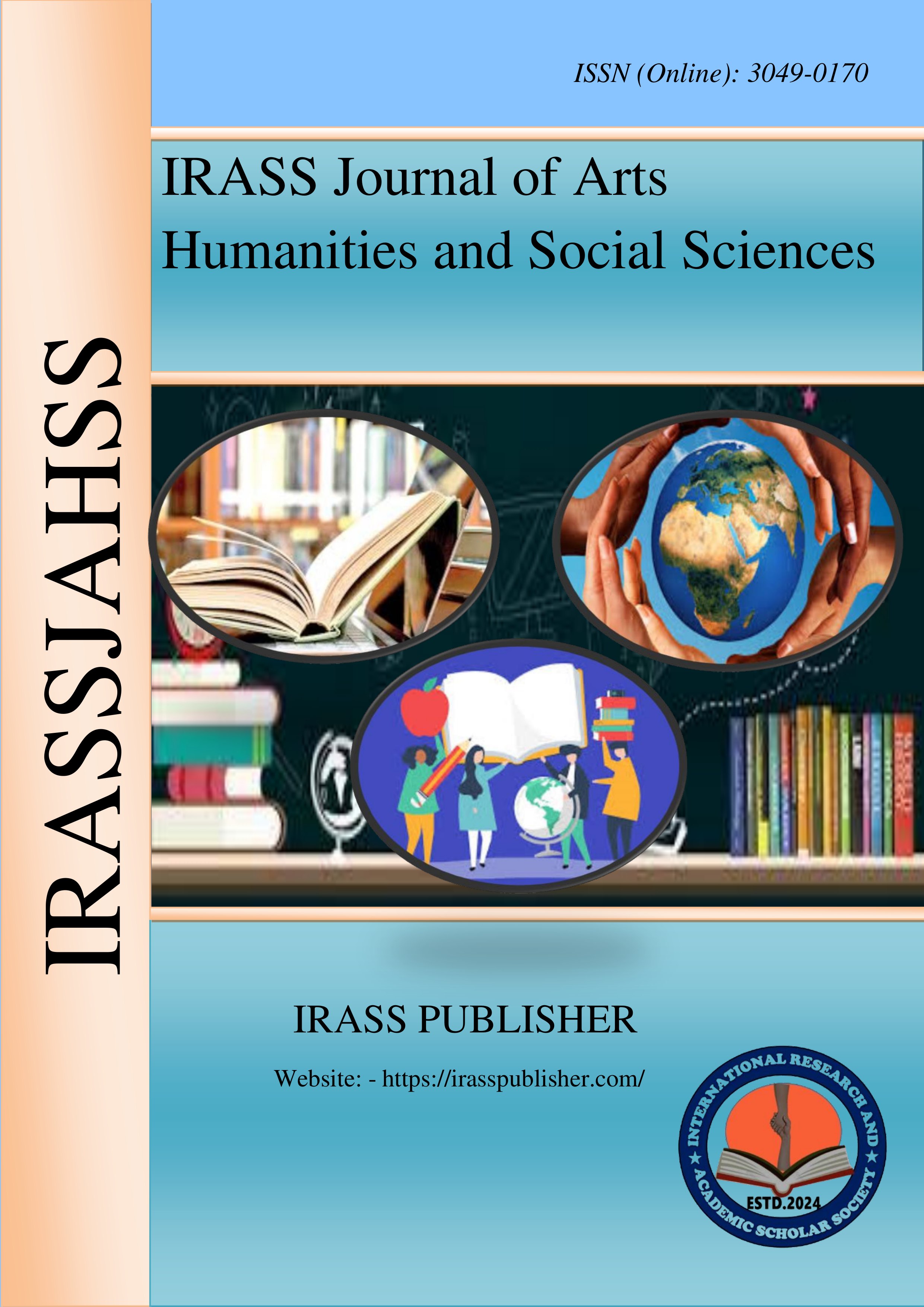TOWARDS EQUITABLE REVENUE ALLOCATION IN NIGERIA: STRENGTHENING ACCOUNTABILITY AND TRANSPARENCY
Sr No:
Page No:
113-119
Language:
English
Authors:
PILLAH, TYODZER PATRICK PhD*, GRACE EBWESEH GOYIT,
Received:
2025-02-26
Accepted:
2025-03-11
Published Date:
2025-03-14
GoogleScholar:
Click here
Abstract:
Nigeria's revenue allocation formula has long been a subject of controversy and
political manoeuvring among the federal, state, and local governments. Despite numerous
attempts to establish an agreeable formula, past administrations have failed to achieve a balanced
distribution of revenue. However, recent legislative efforts, such as the Bill for an Act to Repeal
and Re-enact the Revenue Mobilization Allocation and Fiscal Commission Act, 2023, signal
potential reforms in revenue allocation governance. This seminar explores the intricacies of
revenue allocation in Nigeria's federating system, examining the percentages allocated to each
tier of government and their impact on development. Drawing on qualitative research methods
and a critical analysis of existing literature, the seminar aims to shed light on the inequitable
distribution of revenue, with the federal government receiving the lion's share. It underscores the
importance of accountability and transparency in revenue disbursement, advocating for
collaboration between the federal government and the Revenue Mobilization Allocation and
Fiscal Commission (RMAFC) to ensure judicious use of allocated funds. Additionally, it calls
upon state and local governments to explore alternative revenue generation strategies to
complement their allocations and drive sustainable development at the grassroots level.
Keywords:
Revenue Mobilization Allocation and Fiscal Commission (RMAFC), Legislative reforms.
Journal: IRASS Journal of Arts, Humanities and Social Sciences
ISSN(Online): 3049-0170
Publisher: IRASS Publisher
Frequency:
Monthly
Language:
English

